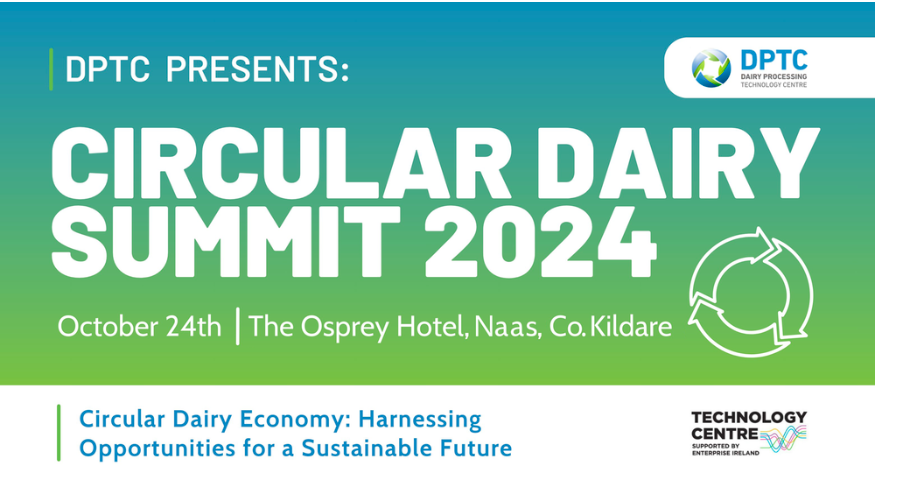RGFI received leadership recognition from the Business Post this month, as CEO PJ McCarthy,…
Food Vision Dairy Group Report recommends AD Biomethane to decarbonise thermal demand within dairy processing and as an important diversification option
Food Vision Dairy Group Report recommends AD Biomethane to decarbonise thermal demand within dairy processing and as an important diversification option
Biomethane production via Anaerobic Digestion (AD) has the potential to be a key option to decarbonise heat/thermal demand within dairy processing and should be considered a potentially important diversification option given rising input costs according to the final report “Food Vision 2030” of the Food Vision Dairy Group, that was submitted to Agriculture, Fisheries and Marine Minister, Charlie McConalogue, this week.
Welcoming the Report’s recommendation to Develop Energy Diversification Opportunities, RGFI CEO PJ McCarthy, noted how the Group had drawn on the work of Project Clover and the RGFI / KPMG integrated business case for AD biomethane production at scale.
Food Vision 2030 states:
– sustainable biomethane production can form an important part of the basis of a national biomethane strategy
– direct benefits to the agriculture inventory are possible from biomethane production as emissions of both CH4 and N2O are reduced for manure management when manure is digested as it is removed from storage.
– direct benefits to the agriculture inventory can also occur where agricultural land previously supporting ruminants is used as gross feedstocks for AD instead.
– there are also possibilities to enable reducing emissions by using AD digestate as fertiliser and act as substitutes for traditional chemical fertilisers.
The Report’s recommendations are aligned with the Vision and Roadmap produced collaborativley by RGFI.
Recommendations
- Biomethane production should be considered a potentially important diversification option given rising input costs.
- Carbon Farming using a farmer-centric approach presents opportunities for diversification of farm enterprises; and supported uptake of these
opportunities for farmers is recommended.
- The Group recommends that an integrated business case for sustainable biomethane production as the basis of a national biomethane strategy should be
developed based on a private sector Carbon Farming initiative.
- Consider the potential to deliver a long-term roadmap for an indigenous biomethane industry based on sustainable feedstocks.



